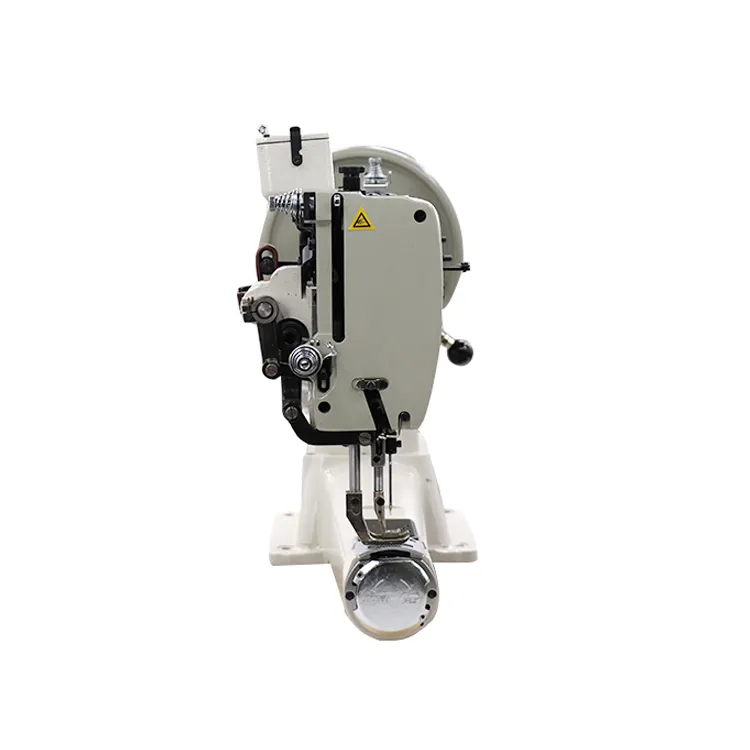Choosing the Right Sewing Machine Needle for Your Project Needs and Fabric Types
Understanding Standard Sewing Machine Needles A Complete Guide
Sewing is an art form that has transcended generations, evolving from a practical skill into a beloved hobby and profession. One of the essential components of any sewing project is the sewing machine needle. While often overlooked, the needle plays a critical role in determining the quality and efficiency of your sewing. In this article, we will delve into the world of standard sewing machine needles, exploring their types, sizes, and best practices for use.
What Are Standard Sewing Machine Needles?
Standard sewing machine needles are designed for use with most home sewing machines and are typically characterized by their universal shape and functionality. They come in various sizes and types, each tailored for specific fabrics and stitching requirements. The needle's primary purpose is to pierce the fabric, allowing the thread to form stitches, but its performance can significantly affect the outcome of a sewing project.
Types of Sewing Needles
1. Universal Needles As the name suggests, universal needles are versatile and can handle a variety of fabrics, from lightweight knits to medium-weight woven fabrics. They feature a slightly rounded point, making them suitable for both woven and knit materials.
2. Ballpoint Needles These needles have a rounded tip designed to slide between the fibers of knit fabrics rather than piercing through them, preventing damage such as snags or runs. Ballpoint needles are ideal for sewing jersey and other stretch fabrics.
3. Sharps Needles Featuring a thinner and more acute point, sharp needles are excellent for delicate fabrics like silk and microfiber. They create fine, precise holes, which is especially important for lightweight materials.
4. Jeans/Denim Needles These needles come with a strong, thick shaft and a strong, sharp point, specifically designed for sewing through multiple layers of heavy fabrics like denim and canvas. The robust nature of these needles allows them to handle tough materials without bending or breaking.
5. Embroidery Needles Embroidery needles feature a larger eye to accommodate thicker embroidery threads, ensuring smooth stitching without snagging the thread. They are perfect for machine embroidery projects.
6. Quilting Needles Designed for piecing together quilt layers, quilting needles have a tapered point to penetrate multiple layers of fabric. They help create even stitches and avoid skipped stitches when working on complex quilt designs.
standard sewing machine needle

Needle Sizes
Sewing machine needles come in various sizes, generally ranging from 60 to 120, with a lower number indicating a finer needle. When choosing a needle size, consider the type of fabric you are working with
- Fine Fabrics Use a size 60-70 needle. - Medium Fabrics Opt for a size 70-80 needle. - Heavy Fabrics Choose an 80-100 needle.
Selecting the appropriate needle size is crucial for achieving the best stitch quality and preventing fabric damage.
Tips for Needle Care and Usage
1. Change Your Needle Regularly A dull or bent needle can cause skipped stitches and fabric damage. It's advisable to change your needle after every 6-8 hours of sewing.
2. Match Needle to Fabric Always choose a needle type that is suitable for the fabric you are working with. This will help you achieve clean, professional-looking stitches.
3. Use the Right Thread Pair your needle choice with the appropriate thread. For example, use a thicker thread with a larger needle to prevent breakage and ensure smooth stitching.
4. Withdrawal After Stitches After completing your sewing project, always withdraw the needle from the fabric before altering or moving the machine to avoid snags or unintentional damage.
In conclusion, understanding the various types and sizes of standard sewing machine needles is essential for anyone looking to enhance their sewing skills. By choosing the right needle for your specific project and fabric, you can improve the quality of your stitches and enjoy a more efficient sewing experience. Happy sewing!
-
Heavy Duty Leather Sewing Machine: A Must-Have for Professional LeatherworkNewsMay.28,2025
-
Leather Sewing Machine: Essential for High-Quality LeathercraftNewsMay.28,2025
-
Extra Heavy Duty Sewing Machine for Premium Leather ApplicationsNewsMay.28,2025
-
Walking Foot Cylinder Arm Sewing Machine: Precision and Power CombinedNewsMay.28,2025
-
Industrial Cylinder Arm Sewing Machine: Engineered for High-Performance StitchingNewsMay.28,2025
-
Cylinder Bed Sewing Machine: A Powerful Solution for Precision StitchingNewsMay.28,2025
-
Zigzag Sewing MachineNewsMay.12,2025





























